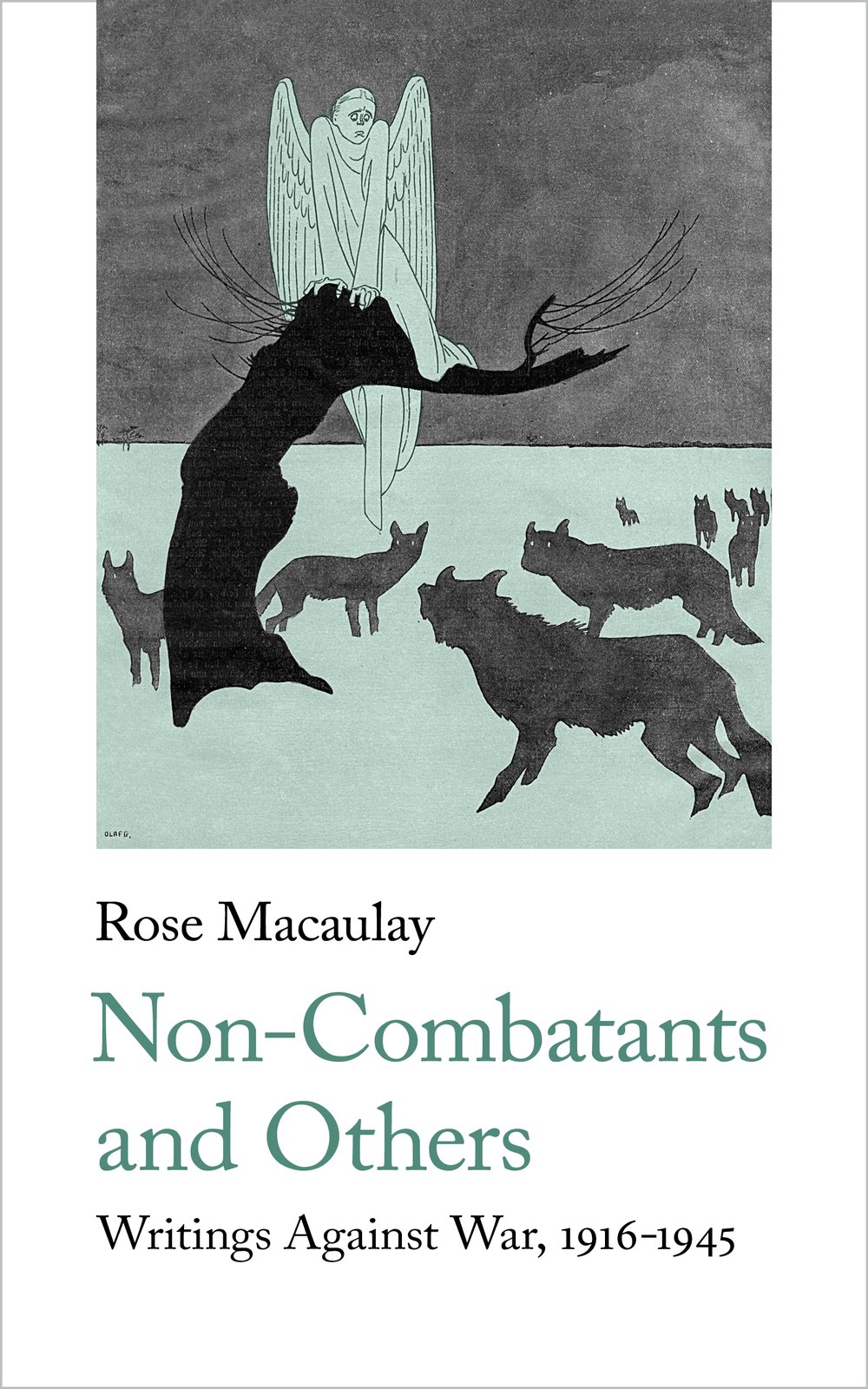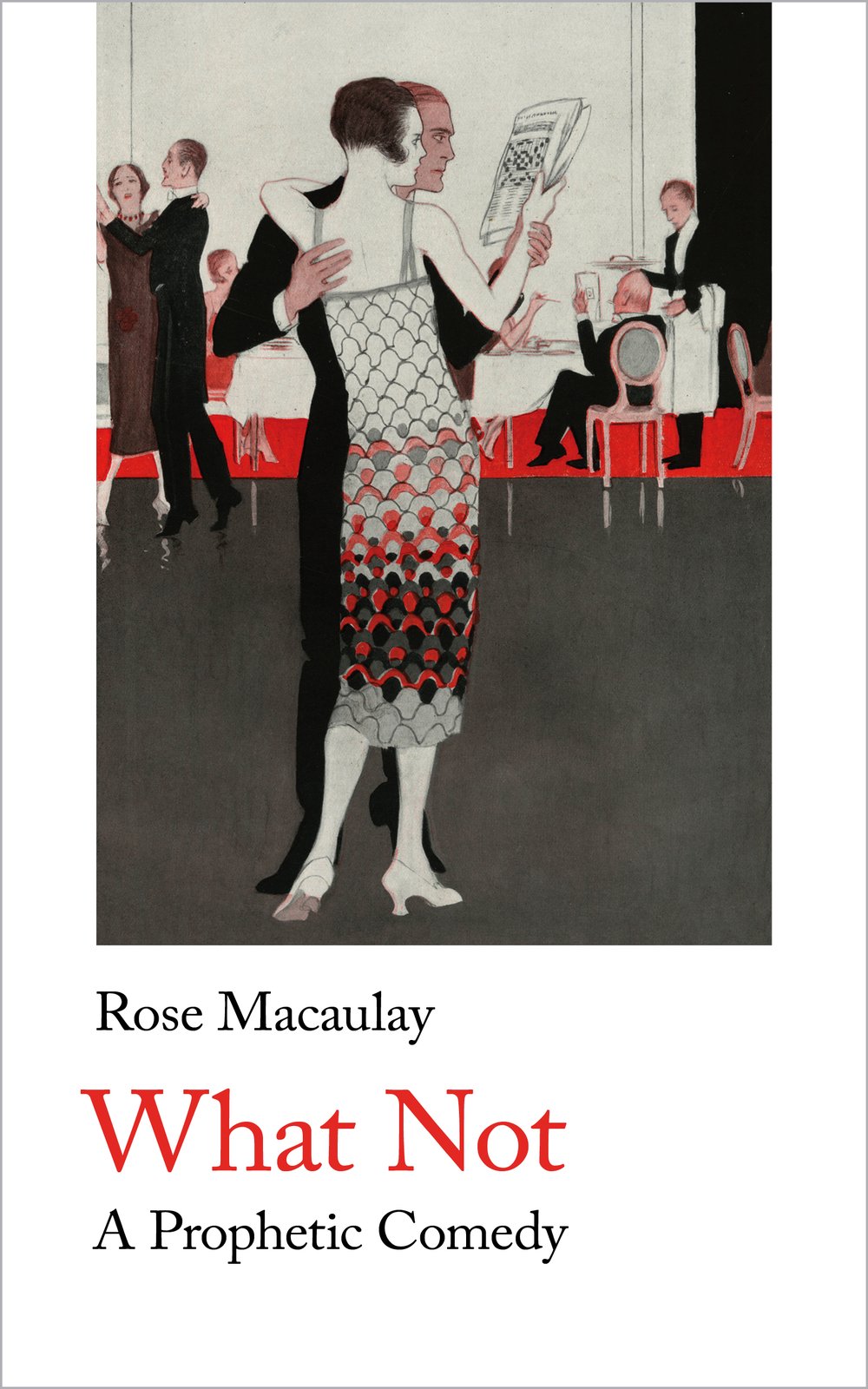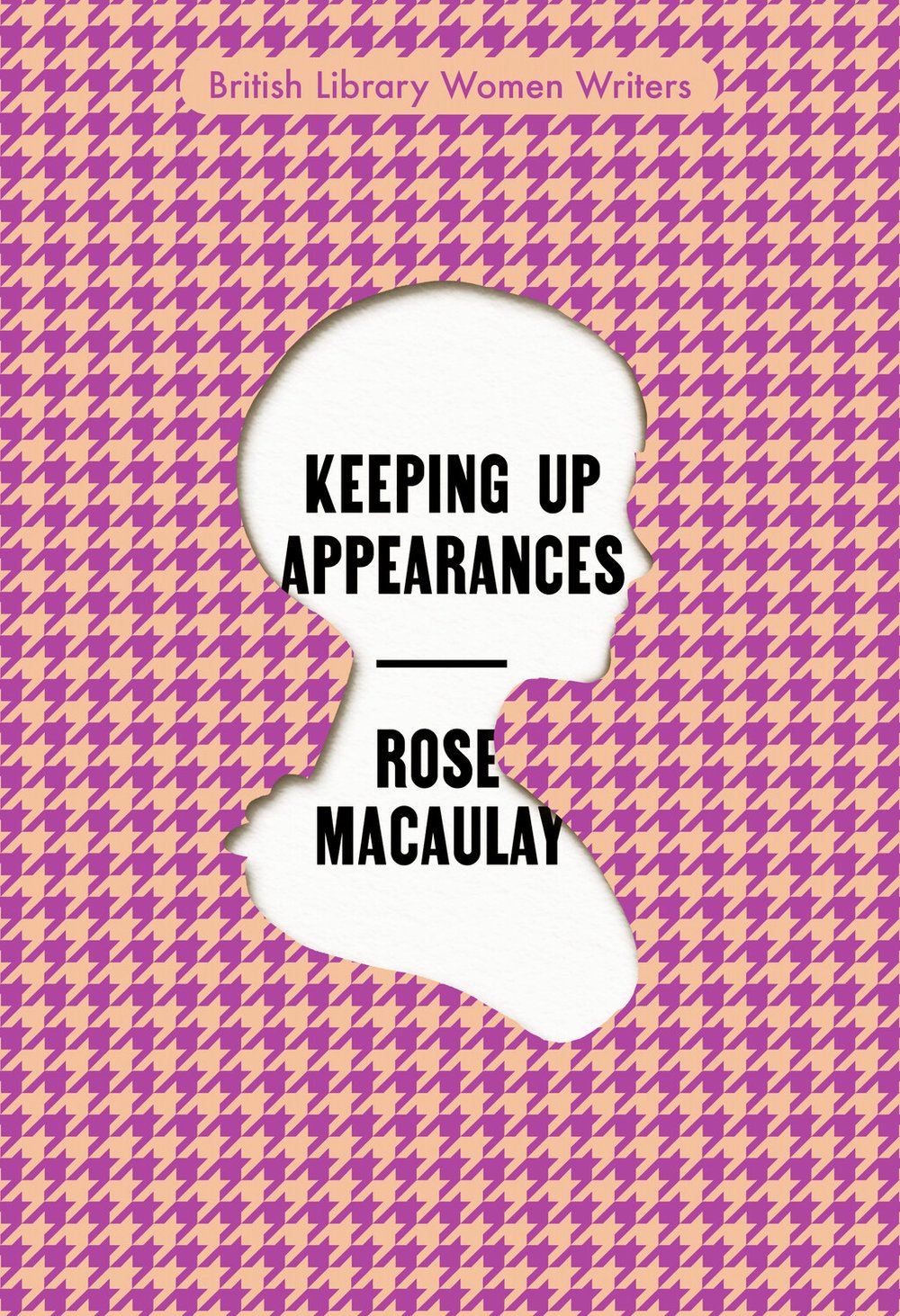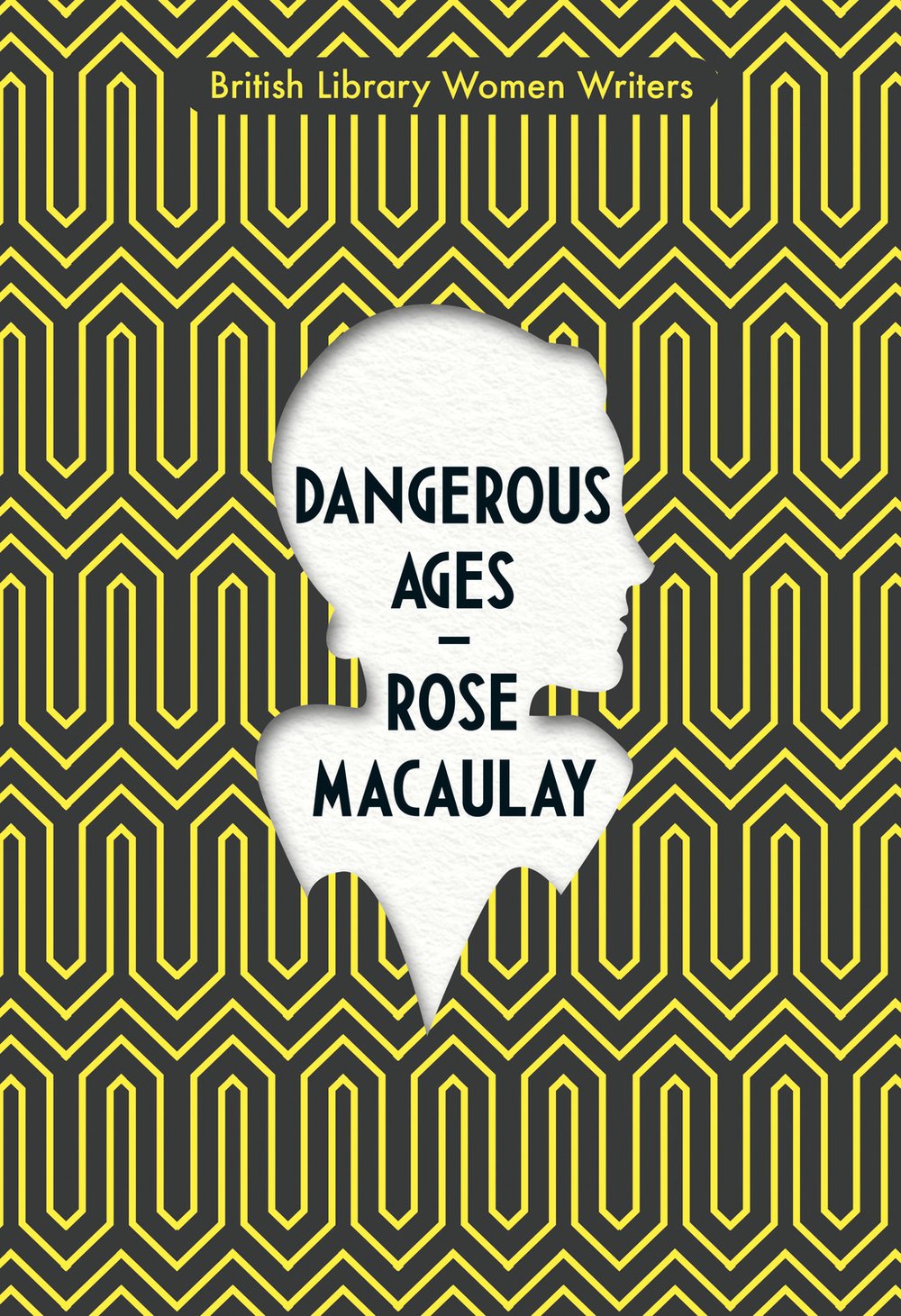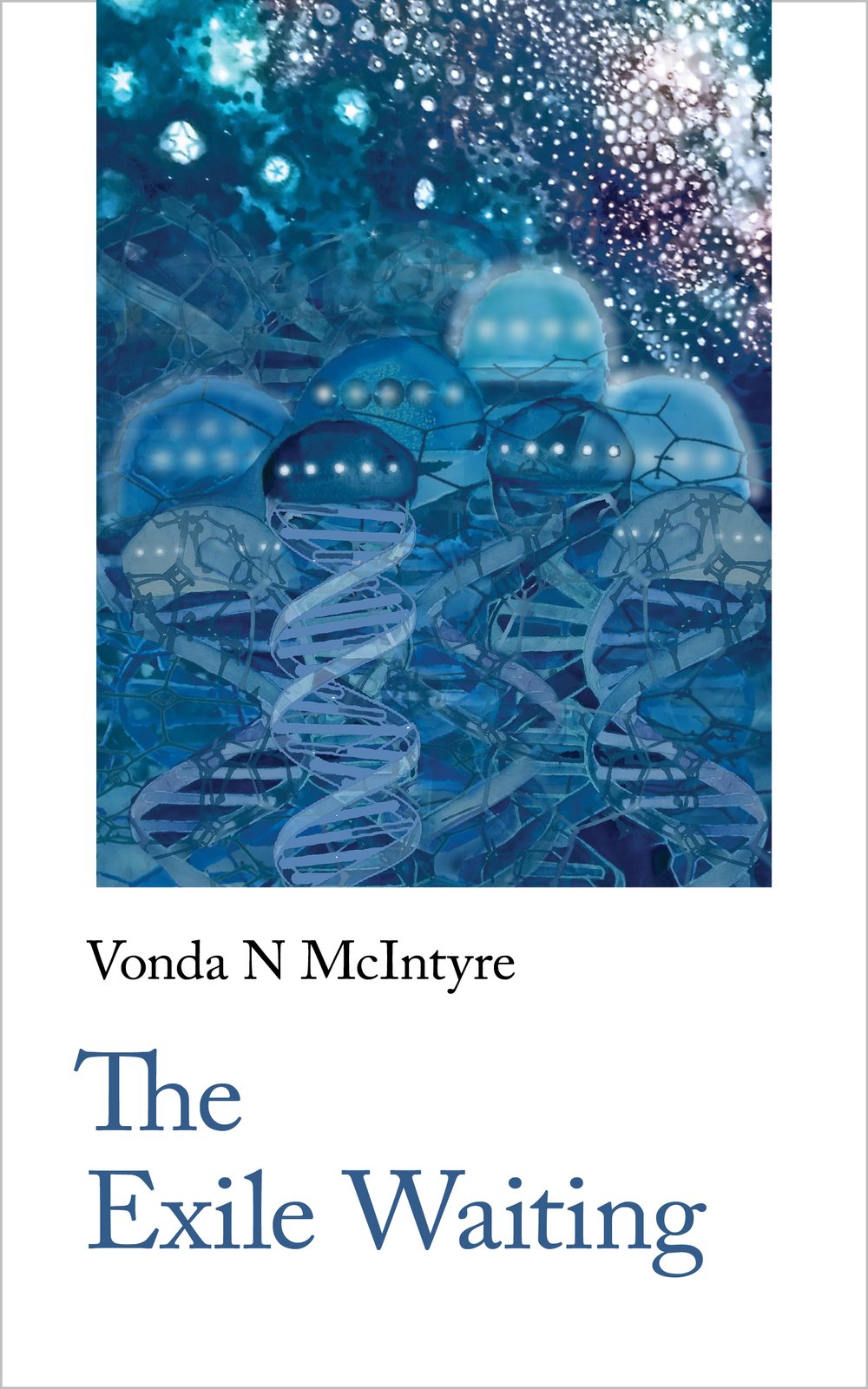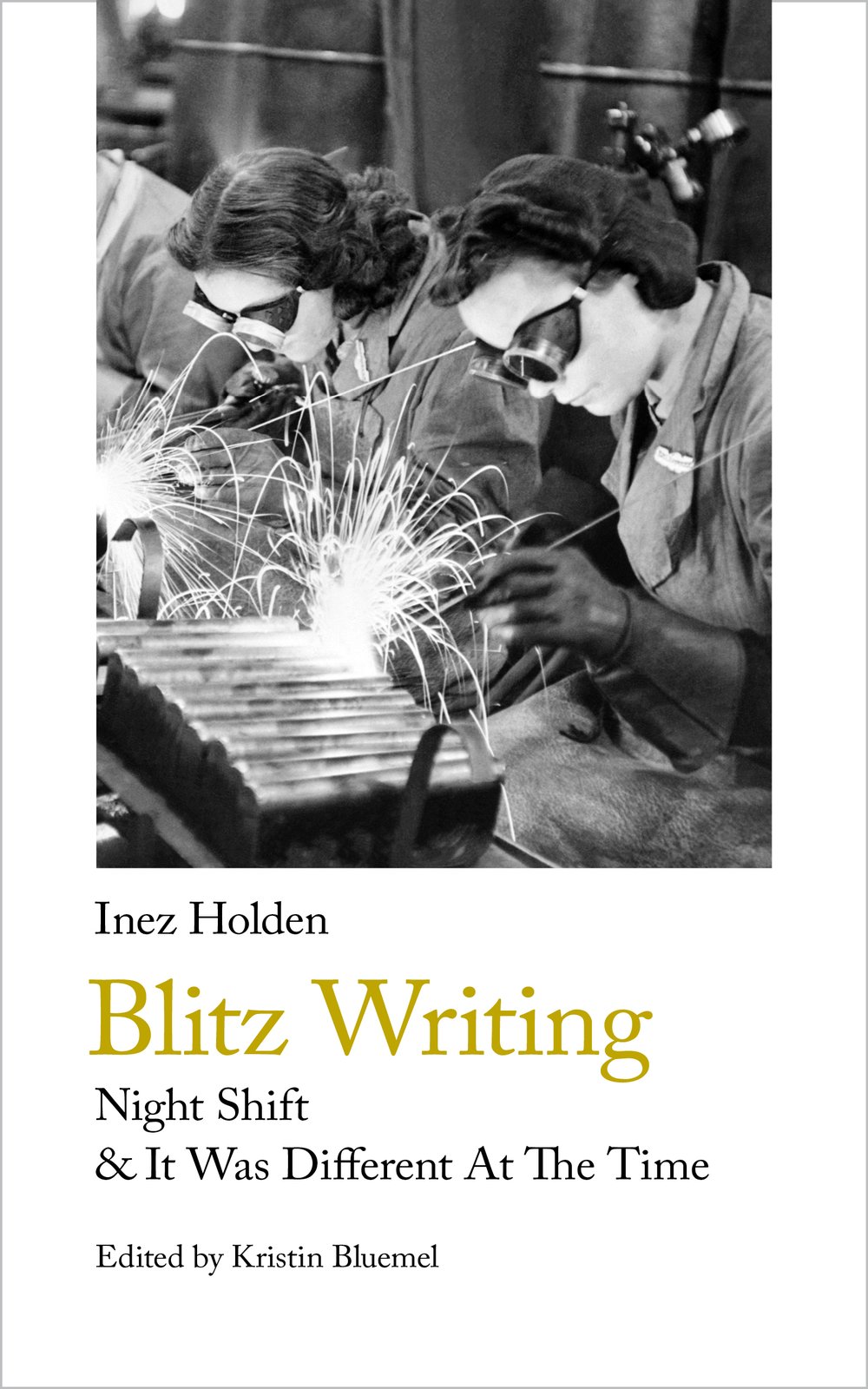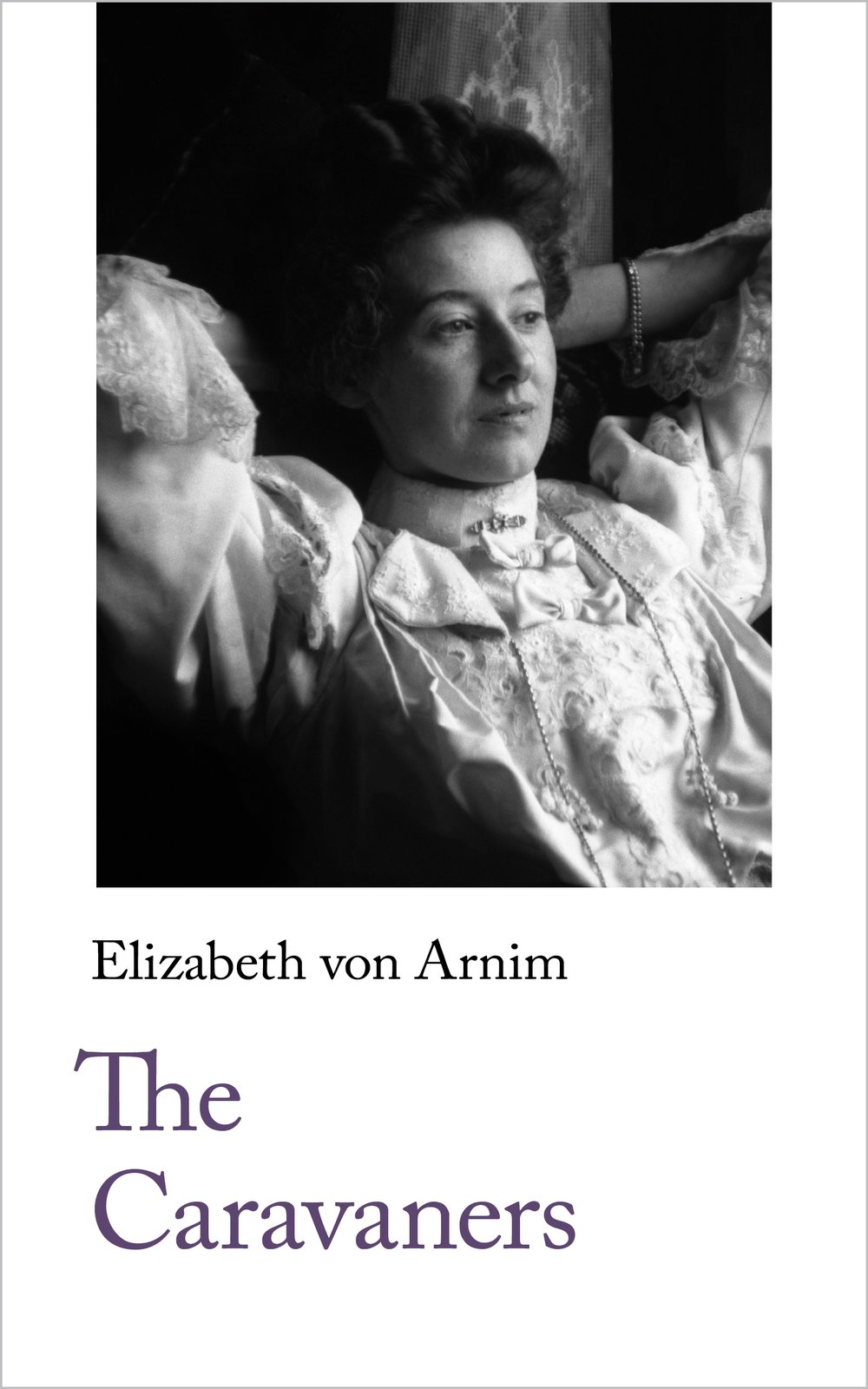Potterism
A Tragi-Farcical Tract
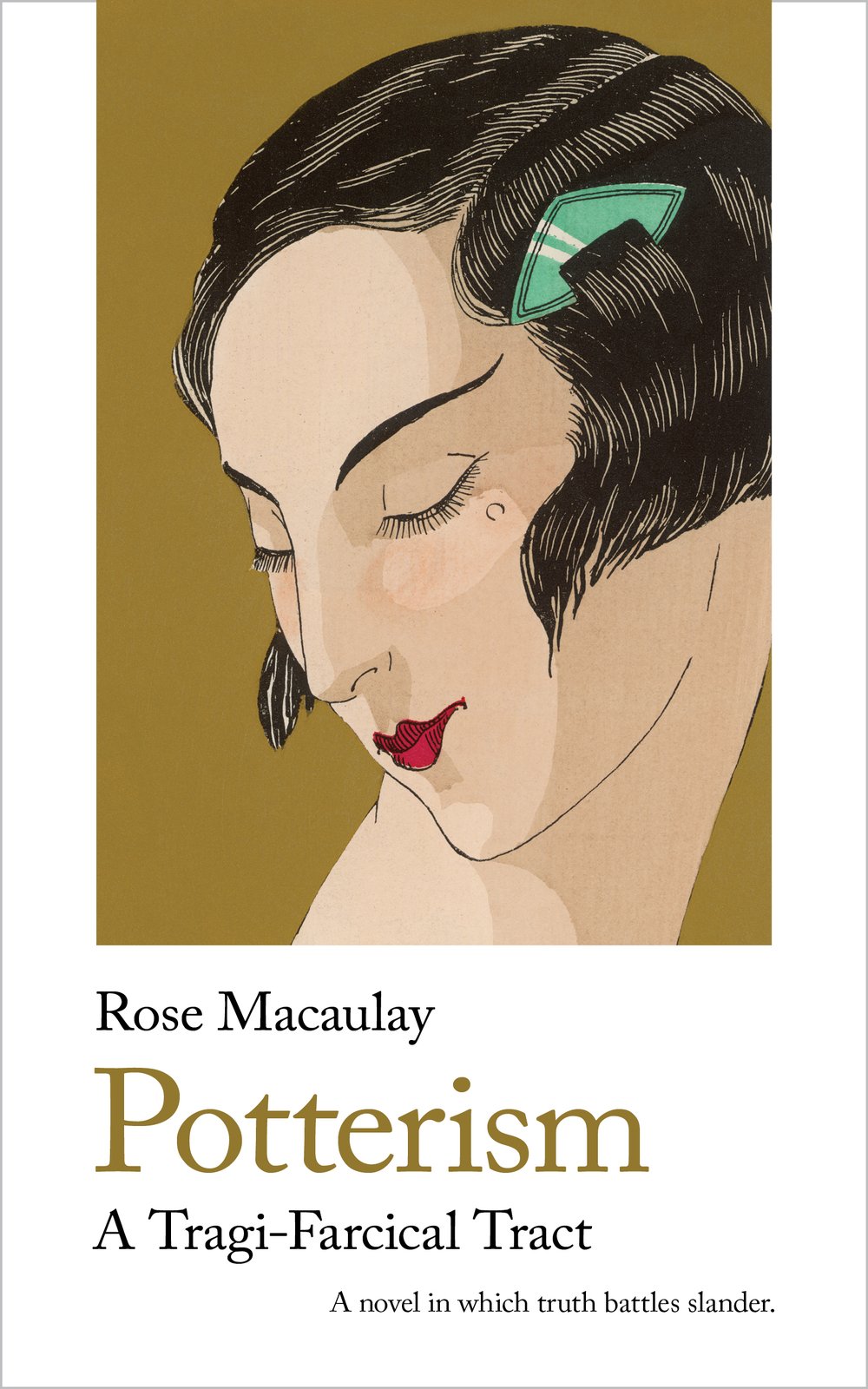
Rose Macaulay's 1920 satire on British journalism and the newspaper industry will be back in print in the UK for the first time in seventy years. It will be published alongside a new collection of her pacifist writing from 1916 to 1945, Non-Combatants and Others: Writings Against War.
Potterism is about the Potter newspaper empire, and the ways in which journalists struggled to balance the truth and what would sell, during the First World War and into the 1920s. When Jane and Johnny Potter are at Oxford they learn to despise their father's popular newspapers, though they still end up working for the family business. But Jane is greedy, and wants more than society will let her have. Mrs Potter is a well-known romantic novelist, whose cheap novelettes appear in the shop-girls' magazines. She has become unable to distinguish fact from fiction, and her success gives her an unhealthy estimation of her own influence. When she visits a medium to try to find the truth about the murder of her son-in-law, she wreaks terrible damage. Arthur Gideon works for Mr Potter as an editor. He respects his employer's honesty while he despises the populist newspapers he has to produce. His turbulent campaigning spirit, and his furious resistance to anti-Semitic attacks, make him unpopular, and becomes an unwitting target of malice.

Rose Macaulay was a leading British literary figure of the 20th century, crossing genres and forms, and was made a Dame for services to literature in 1958, a few months before her death. She was born in Rugby in 1881, and was the second daughter of a family of seven children, with whom she lived in Italy for seven years during her childhood. On returning to Britain as an adolescent, she went to school and later university in Oxford, where she was awarded the equivalent of a degree in history in 1903. When Macaulay left Oxford to rejoin her family in rural Wales, she began to publish poetry, and then novels. In 1906, two months before her first novel was published, the family moved to Great Shelford, a village south of Cambridge, where her father taught English literature at Trinity College. In 1912 Macaulay’s sixth novel, The Lee Shore, won a Hodder & Stoughton literary prize of £600 (equivalent to over £50,000 or $70,000 in the present day), finally giving her financial independence. She moved to London in 1913. When the First World War broke out Macaulay volunteered as a VAD in a hospital for a few months but was much happier when she began working on the land. After nearly a year in the Women’s Land Army Macaulay succeeded in her application for an office job. She published the first pacifist novel in Britain in 1916, Non-Combatants and Others. From January 1917 she worked in the War Office on cases of exemption from military service and conscientious objectors. When the war ended Macaulay began to publish prolifically as a professional woman of letters. Her second volume of poetry came out in 1919. She published twenty-two books between 1919 and 1939: only half of these were novels, but at least one, Potterism (1920) was a best-seller. Her two most well-known novels would appear after the Second World War, during which, at the age of sixty, she was a volunteer ambulance driver. The World My Wilderness (1950) and The Towers of Trebizond (1956) would bring her widespread fame at a level that her earlier novels had not achieved.

